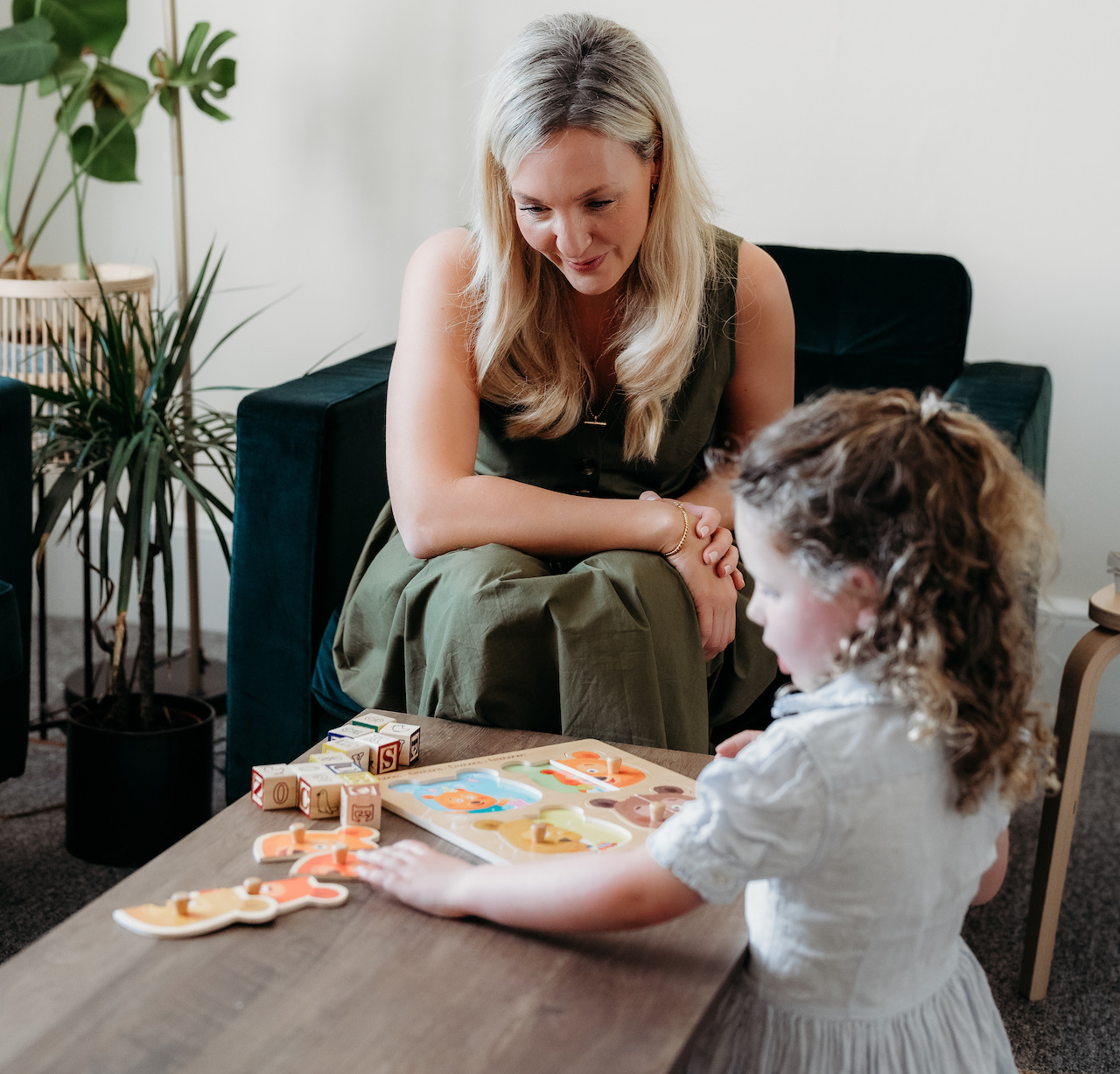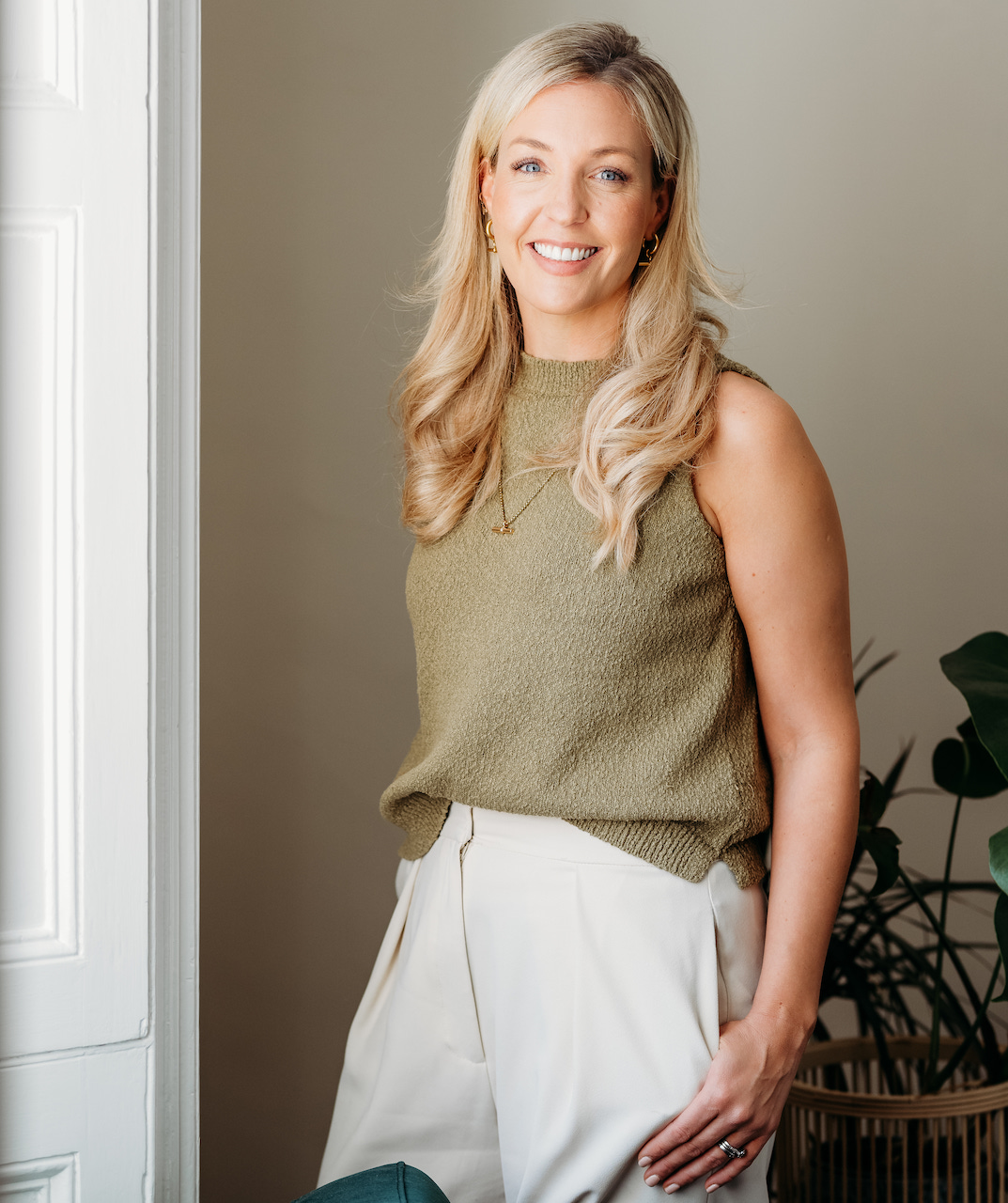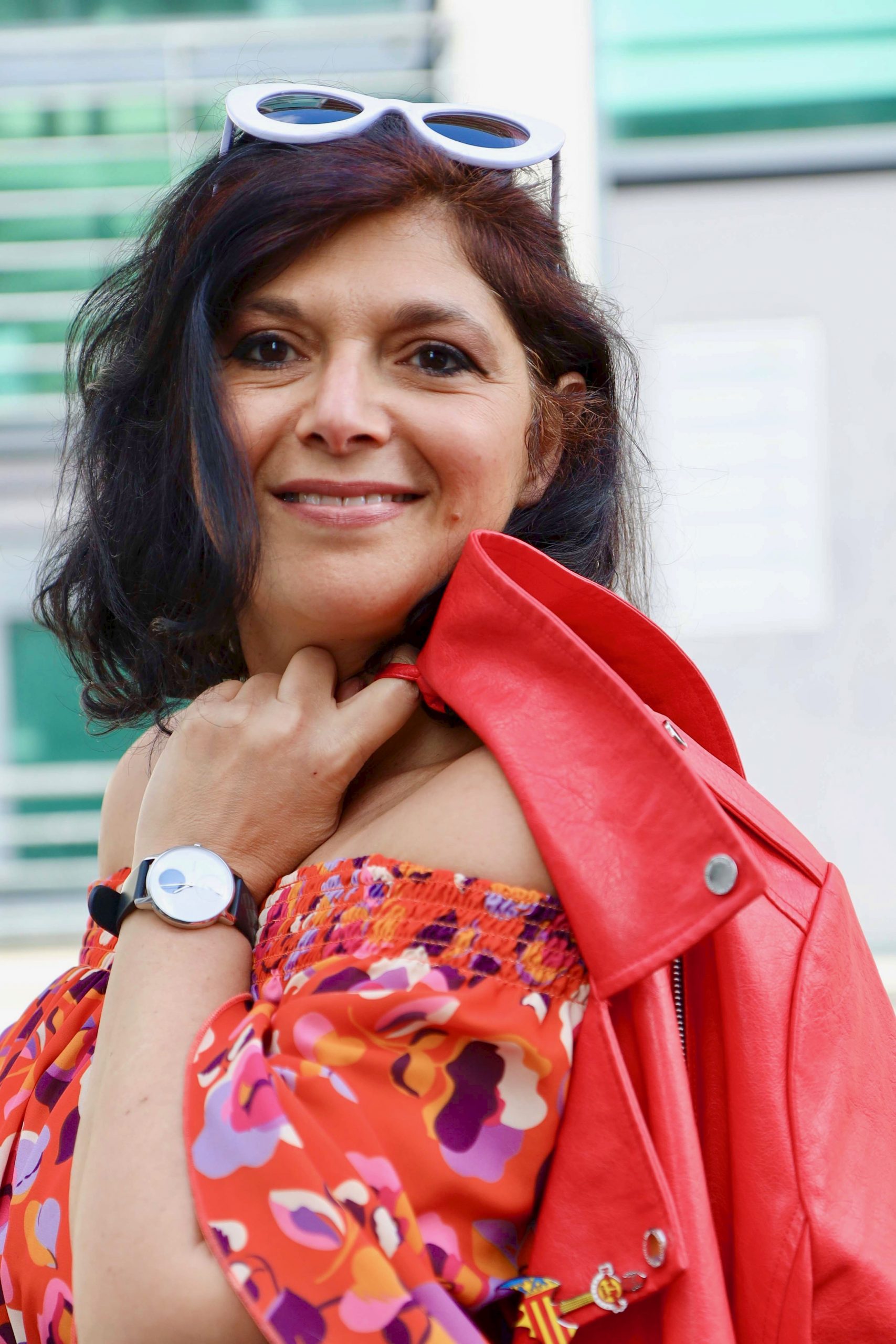Navigating an autism or ADHD diagnosis can feel like entering a new world – one filled with uncertainty, questions, and the pressure to get everything “right”. But what if the key to moving forward is not rushing into action, but learning to listen, reflect, and reframe?
We spoke to Dr Selina Warlow, Clinical Psychologist and founder of The Nook Neurodevelopmental Clinic, a service specialising in private autism and ADHD assessments for children, young people, and adults from age 5 upwards. With clinics in South Kensington (Central London), Farnham (Surrey), and Summertown (Oxford), The Nook is founded on over a decade of experience in both NHS and private mental health services. Dr Warlow’s mission is clear: to provide thoughtful, evidence-based assessments and support that empower families from the very first step.
In this insightful and compassionate interview, Dr Warlow speaks openly about what a diagnosis really means, why parent education is as vital as therapy, and how small changes at home or school can lead to life-changing results. Whether you’re at the beginning of a diagnostic journey or supporting a neuro-divergent child day-to-day, her advice is practical, reassuring, and refreshingly honest.

- Many parents describe a diagnosis as both a relief and a shock. What are the most important first steps you recommend they take after hearing their child has autism or ADHD?
The first and most important step is to allow yourself and your family the space to process the diagnosis. You and your child may feel a wide range of emotions and that is ok. Taking time to reflect on what the diagnosis means for your child and your family can help you feel more grounded before making decisions or sharing the information more widely. Some children may feel anxious about what others might think or say, so it’s helpful to talk through how and when you want to approach conversations about the diagnosis as a family. Parents also need time to learn more about autism or ADHD and what it means in practical, everyday terms. I recommend sharing the diagnosis with your child at a quiet moment when you are not busy or rushed, so you can focus on answering their questions and offering reassurance.
- You emphasise parent education before therapy – why is this shift so important, and how can it change the family dynamic from the start?
Psychoeducation is increasingly recognised as one of the most effective early forms of intervention following a diagnosis. It helps parents, carers, and educators understand what the diagnosis means in real life, how it affects their child’s thinking and behaviour, and how they can support their child more effectively. When the adults/carers around a child understand both the strengths and challenges that come with autism or ADHD, they become better equipped to identify triggers, reduce stress, and create a more supportive environment. The focus moves away from trying to “fix” the child and instead shifts to adapting the environment to fit the child’s needs. This can be as simple as recognising when a noisy classroom overwhelms a child with sensory sensitivities and providing access to a quiet space. For a child with ADHD, it might involve introducing short movement breaks at mealtimes or giving instructions in both verbal and written form to support attention.
- What are some of the most common misconceptions parents have about an autism or ADHD diagnosis that you aim to clear up early on?
One of the most common misconceptions is that the child needs to be “fixed” or changed. I encourage families to understand the way their child’s brain works and support them accordingly. Chasing interventions that promise to “fix” your child are most likely to lead to spending a lot of money and seeing minimal change. Also autism and ADHD are conditions that should not be fixed as the have many strengths and unique ways of thinking that should be celebrated.
That said, therapy can still be incredibly valuable, especially if a child is dealing with anxiety, low mood, or other mental health challenges. Therapies such as cognitive behavioural therapy, play therapy, or art therapy can help children express their emotions, build confidence, and develop coping skills. The key is to work with therapists who are experienced in supporting neuro-divergent children and can tailor their approach accordingly.
- How does psychoeducation empower parents in a way that traditional therapy might not in the early stages?
I often tell parents that raising a neuro-divergent child is like throwing out the traditional parenting manuals and starting again. Psychoeducation helps parents build a completely new framework for understanding their child. It offers insights into how their child sees the world, what might be challenging for them, and what support looks like in practical terms. Rather than waiting for therapy to begin or relying solely on professionals, parents can start making meaningful changes straight away, changes that build trust, reduce stress, and create a home where their child feels safe and understood.
- What are some practical, everyday strategies parents can implement at home to support a neuro-divergent child – without needing specialist equipment or a huge budget?
Support doesn’t need to be expensive or complicated. For many autistic children, simply having a clear daily routine visible in the home can offer predictability and comfort. For children with ADHD, it can help to allow for movement breaks at mealtimes or after school, when their energy is high. Some families find that sensory-friendly items like a weighted blanket or a quiet corner can make a big difference. Other helpful strategies might include creating time to talk about your child’s special interests or reducing the pressure of traditional conversation by using visual supports or shared activities instead of direct questioning which can improve connection and communication with your child.
- Can you share an example where a small change at home or school had a big impact on a child’s wellbeing or learning?
One child I worked with found school extremely distressing. To better understand what was happening, we asked him to rate each lesson from one to ten based on how anxious or uncomfortable they felt. One lesson consistently came out as a ten, which led us to discover that the teacher often changed the seating arrangements. This child, who was autistic, found unpredictability deeply unsettling and struggled with being seated next to unfamiliar peers. Simply allowing him to keep the same seat made a dramatic difference to his anxiety levels and his ability to participate in that lesson. This is an example of how very small interventions and listening to the child can make a big difference to their overall wellbeing.
- With waiting lists for services often incredibly long, where can families turn for immediate, meaningful support?
There are some excellent online resources that can help families while they wait for formal support. The National Autistic Society offers a wide range of articles, toolkits, and advice. ADDitude Magazine is another great resource for ADHD-specific support. Charities such as Ambitious about Autism and IPSEA provide information on education rights and parental advocacy. Local SEND forums and online communities can also be an invaluable source of shared experience and support. There are many podcasts, books, and free courses that can help parents learn more and feel less alone in the early stages.
- What role should schools – especially SENCos – play in supporting newly diagnosed children, and what can parents do to ensure their child’s needs are understood and met?
The most important element in school support is communication. SENCos are key figures in ensuring that the right support strategies are in place, and parents should feel empowered to have open, ongoing conversations with them. Sharing the diagnostic report, highlighting what strategies are helpful at home, and agreeing on simple adjustments can make a big difference. Parents should also keep a record of what has been discussed and follow up regularly to check on progress and outcomes.
- The EHCP process can feel overwhelming – how can parents prepare for it, and what should they expect?
Many parents ask me about EHCPs and they are not always needed for all children and need to be discussed with the school. Parents can prepare for the EHCP process by keeping detailed records of their child’s difficulties and the support they have already tried. Gathering school reports, diaries of concerns, and examples of how their child struggles day to day can strengthen an application. It is also helpful to seek guidance from organisations like IPSEA or SENDIASS, who can support you in understanding your rights and support around this. Also working closely with you SENCo around this and having regular meetings about what support the school can offer with their current provision is important and trying this first before jumping into EHCP applications.
- You’ve created a glossary of autism terms – why is it so important to understand the language around neurodiversity?
I created the glossary as whilst it can be overwhelming getting a diagnosis there are then all these new terms that are thrown around by professionals that people may not understand. I wanted to help families to understand this language so they then can use it to advocate for their child’s needs clearly but also educate other people in the child’s life about their needs and what support may be helpful for their child.
- What are some common traits or behaviours that are often misunderstood, and how can re-framing these help support a child more effectively?
Many traits are misinterpreted as poor behaviour. A child who seems rude may simply be communicating directly or bluntly. A child who appears defiant might actually be anxious about unpredictability. A child who cannot sit still is not necessarily being disruptive, they may be trying to self-regulate or focus. By re-framing these behaviours through a neurodiversity – informed lens, adults can respond with compassion rather than discipline and create an environment that supports the child’s needs.
- Autistic burnout and masking are terms not all parents will be familiar with – how can recognising these help prevent mental health difficulties later on?
Some autistic children may be more able to follow social rules through observation and be better able to mask their difficulties by learning to copy behaviour i.e., using skills based on intellect rather than social intuition. They may be quicker to apologise and appease when they make a social error, increasing the likelihood of their behaviours being overlooked or forgotten by others. It is also important to recognise that this can be an exhausting process and can contribute to distress and reduced coping, although this distress may be seen in the home setting rather than in at work or schools. I often recommend talking to the school about masking as even if on the surface a child may not look like they are struggling, they may still require interventions to be put into place both at home and at school to improve their overall emotional wellbeing.

- What advice would you give to parents feeling anxious about their child’s future – especially those worrying about independence, friendships, or employment?
It is completely natural to worry about your child’s future, but it is important to remember that neurodivergent people lead fulfilling, independent, and successful lives in many different ways. Focus on building your child’s self-esteem, helping them understand their strengths, and nurturing their interests. These are the foundations of future confidence and independence. Many autistic or ADHD adults thrive when they are in environments that understand and support their needs, and things are changing for the better. There are also many brilliant examples of hugely successful people who are neurodiverse. With regards to friendships we create social constructs that we should have large friendship groups but it is important to remind autistic children that it is ok to have one close friend or an online community if this is how they feel comfortable socialising with others.
- How can families build a support network when they feel isolated or unsure who to turn to? Are there particular communities, groups, or resources you’d recommend?
Finding a supportive community can make a world of difference. Families can start by connecting with local SEND parent groups, joining online communities on platforms like Facebook, or attending events run by charities such as the National Autistic Society for example autism or ADHD courses. There are also large communities on social media platforms like Instagram and Facebook. Following neuro-divergent advocates online can also provide both comfort and insight. Some families also benefit from parent coaching or counselling to work through feelings of isolation and uncertainty.
- And finally – what gives you hope for the future of neuro-diverse children in the UK today?
What gives me hope is the growing awareness and celebration of neuro-diversity. Schools are becoming more inclusive, employers are beginning to adapt, and more and more people are seeing the value in different ways of thinking. But most of all, it’s the young people themselves that I meet. They are incredible individuals with unique minds. I often come back from work and have learnt something new or seen a new insight into something through conversations with both neuro-diverse adults and children.

Monica Costa founded London Mums in September 2006 after her son Diego’s birth together with a group of mothers who felt the need of meeting up regularly to share the challenges and joys of motherhood in metropolitan and multicultural London. London Mums is the FREE and independent peer support group for mums and mumpreneurs based in London https://www.londonmumsmagazine.com and you can connect on Twitter @londonmums


